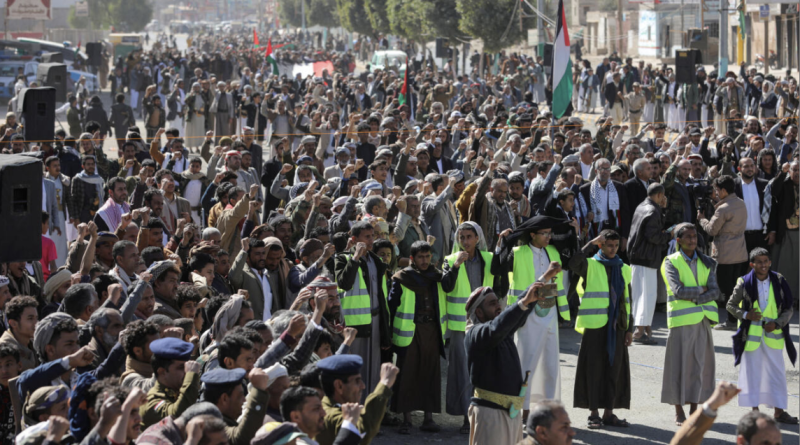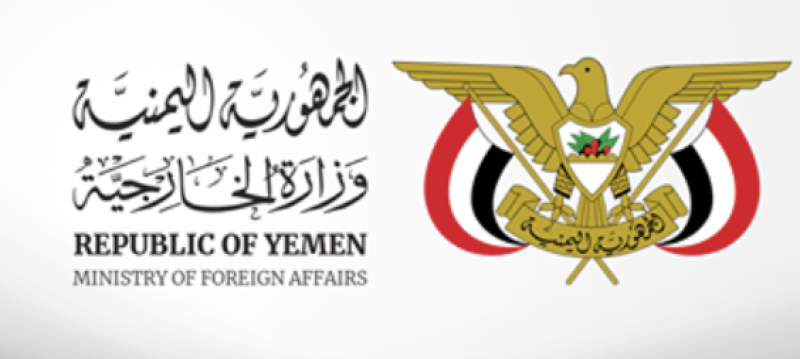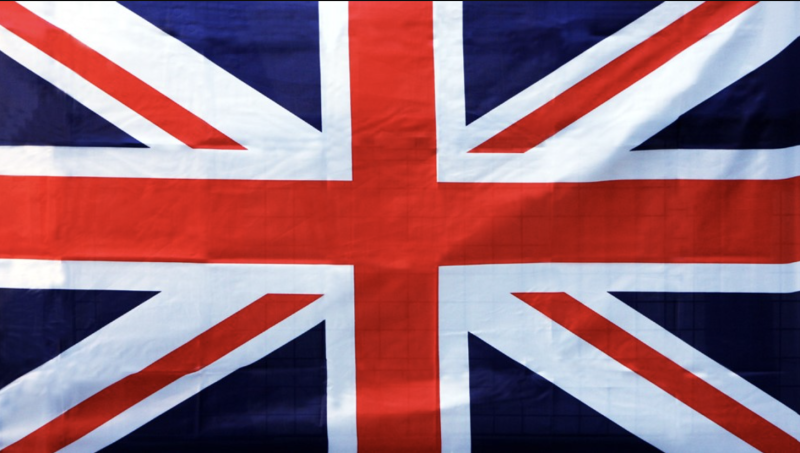Yemen: Agreement to a Two-Month Long Ceasefire


According to Hans Grundberg, the United Nations Special Envoy for Yemen, both the Saudi-led coalition and the Houthis rebel group have agreed to the U.N proposal for a two-month truce. Beginning on the first day of the Muslim holy month of Ramadan on Saturday, 2 March 2022, both warring sides will halt all offensive military, air, ground, and maritime operations inside Yemen and across its borders. In a briefing, Grundberg said, “The truce will ease the fuel crisis and facilitate the freedom of movement.” Furthermore, the ceasefire will facilitate the shipment of fuel to the key port city of Hodeida. After months of escalation, this temporary truce can be renewed beyond the two-month period with agreement from both parties. As Yemen faces the widespread effects of civil war, famine, cholera outbreaks, and economic collapse, such a truce offers a reprieve from the seven-year-long war.
With support from U.N and U.S envoys, both parties stressed the importance of a comprehensive ceasefire that would alleviate the challenges of the humanitarian crisis. In a statement by the UN, officials expressed hope that this truce would lead to the end of all violence and facilitate the political process of reestablishing stability in Yemen. In a statement released by the rebel group, Houthi military spokesperson Yahya Saree confirmed: “Our commitment to a comprehensive cessation of military operations as long as the other party adheres to this.” In a report from the Islamic Republic of Iran Foreign Affairs, spokesperson Saeed Khatibzadeh expressed hope that this move will be the prelude to the full lifting of the blockade on Yemen and a permanent ceasefire to find a political solution to the country’s crisis. U.S President Joe Biden responded to the U.N announcement by saying, “The ceasefire must be adhered to and, as I have said before, it is imperative that we end this war.” For the well-being of the Yemeni people, it is critical that this temporary halt to hostilities leads to the improvement of the humanitarian crisis and the opportunity to engage in long-term peace planning.
With both sides guilty of war crimes, the question arises of what the process is for a lasting ceasefire, demilitarization, and reconciliation? In a statement given by Stephen Zunes, a professor of politics and international studies at the University of San Francisco, claimed that the best solution for peace would be for Yemenis to form a broad provisional coalition government and move forward to free and fair multiparty elections. One critique of the crisis is the need for better regulation of military technology. Saudi Arabia and U.S officials have accused Iran of violating the U.N arms embargo by smuggling weapons and drones to the Houthis. While Iran has denied these allegations, there remains a need for better regulation of military technology. An additional critique includes an acknowledgment of the impacts of the Ukraine crisis on Yemen. Due to the Russian invasion, Ukraine’s output of wheat has been significantly reduced. Based on a report by the International Rescue Committee (IRC), Yemen imports approximately 22% of the wheat it consumes from Ukraine and will face an even greater risk of exacerbating the impacts of the current famine. Furthermore, while the global responses and funding toward the Ukraine crisis are necessary, it highlights the decrease in funding for other global crises. The IRC clarified that Yemen has less than 30% of needed funds for humanitarian assistance following the pledge conference.
The Saudi-led coalition backing the country’s official government, the Republic of Yemen Government (RoYG), has spent seven years fighting al Houthi opposition forces using mainly airstrikes. The rebel group has widely used drones and missiles to attack both Saudi Arabia and the allied United Arab Emirates. Also known as the Shabab, the opposition forces are made up of minority Zaydi Muslims, a Shiite sect that has traditionally been closer to Sunni Islam. In September of 2014, they seized control of Saada province and the Yemen capital of Sanaa, forcing President Hadi to flee to Saudi Arabia in March of 2015. The first attempt at a ceasefire was coordinated by U.N sponsors in April of 2016 and was almost immediately broken. If this current truce succeeds, it will put an end to an ongoing conflict that has displaced approximately four million Yemenis and hindered access to health services and food supplies. According to USAID, the ongoing conflict has damaged public infrastructure, interrupted essential services, displaced populations, and reduced the level of commercial imports to a fraction of the levels required to sustain the Yemeni population. The U.N said that the conflict had produced the largest global humanitarian crisis, with 24.1 million people – 80% of the population – needing humanitarian aid and protection.
In a Yemen-coordinated effort, the UNHCR has responded to the crisis by providing protection, shelter, and non-food items, as well as cash assistance to cover urgent needs for the displaced and vulnerable populations across the country. In addition to this, it is vital to continue providing funding, support, and humanitarian aid to the affected communities as a tentative peace is stabilized. The current ceasefire plays a key role in mitigating the effects of war, famine, and national health crisis. If the conditions of the truce are upheld by all involved parties, this could translate to the long-term process of de-escalation and establishing a representative government coalition.

Sana'a -- The Houthi militias in Sana’a, Yemen, announced the death of several of their military commanders, without disclosing the location…

Aden – Yemen’s Ministry of Foreign Affairs has welcomed the latest statement issued by the United Nations Security Council regarding th…

London – The United Kingdom has welcomed the latest statement issued by the UN Security Council on Yemen, stressing the urgent need for the H…